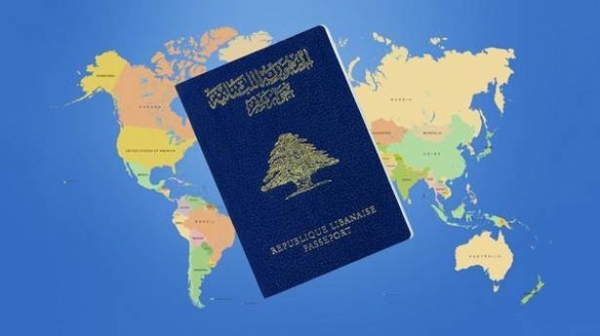Nationality Recovery Law-Will it restore sectarian balance?
What’s in the law?
Law no. 41 consisted of a single article stipulating that the right to recover the Lebanese nationality is granted to:
Any person who has his/her name or the names of his/her male ascendants (father/grandfather) or his/her paternal second-degree relatives in the statistical registers established after the announcement of the state of Greater Lebanon and deposited at the Ministry of Finance’s personal status departments - that is the 1921-1924 resident and expatriate registers and the 1932 expatriate registers– and who has not practiced his/her right to choose the Lebanese nationality, provided that the person listed in the registers had not, implicitly or explicitly, chosen the citizenship of one of the countries divided from the Ottoman Empire (Syria, Palestine, etc).
Application Process
The application is submitted along with identity documents (civil status records in the old personal status registers) either to the Directorate General of Personal Status or to the Ministry of Foreign Affairs and Emigrants through the Lebanese missions abroad. The Directorate General of Personal Status refers the application within two months to the Directorate General of General Security which drafts its report within a maximum of four months. Afterwards, the Directorate General of Personal Status draws out its own report within a four-month period as well and submits it to the Ministry of the Interior and Municipalities. In turn, the ministry refers the application within one month to a three-member committee headed by a judge and consisting of the Director General of Personal Status and the Directorate General of Emigrants. The committee examines the files referred by the Minister of the Interior and, after perusal, takes its decisions by majority vote and returns them to the Minister within three months, provided that the decisions can be revoked in the Appeal Court if need be. The maximum period for processing and deciding on the application is thus fourteen months and interested candidates should apply within a maximum period of ten years after the law’s entry into force. The National Recovery Law becomes ineffective on November 24, 2025.
Figures
The exact number and sectarian and regional distribution of beneficiaries remains uncertain. Furthermore, not much is known about the number of interested applicants. Estimations suggest that the beneficiaries from the Nationality Recovery Law might total more than three million but the applicants interested in recovering their citizenship might not exceed 250,000 to 300,000, most of which are likely to be Christian, especially that the Maronite church and the Maronite Foundation are trying to reach out to them and encourage them to apply.
The findings of the 1932 census (Table 1) reveal that the Lebanese totaled 1,046,154 at that time, 252,768 of which were expatriates. It is the sons and grandsons of those expatriates who would be primarily interested in this law. Since Christians accounted for 85% of expatriates in 1932, the majority of beneficiaries from this law would be Christian. However, the most important question is whether the expatriates would really care to recover their citizenship at a time when most Lebanese residents are seeking emigration in their wuest for foreign passports.









Leave A Comment